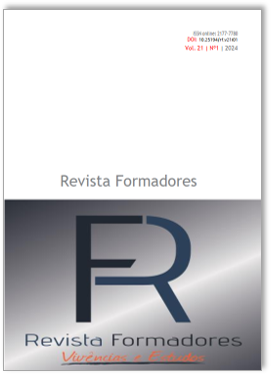RESPONSABILIZAÇÃO PENAL POR ATOS ILÍCITOS COMETIDOS PELOS SISTEMAS DE INTELIGÊNCIA ARTIFICIAL
DOI:
https://doi.org/10.25194/rf.v21i01.2097Abstract
This work aims to investigate the feasibility of criminal liability for illicit acts committed by artificial intelligence (AI) systems. With the increasing presence of autonomous systems in everyday life, the possibility arises that such entities may make decisions resulting in criminal offenses. The study intends to analyze Brazilian legislation as well as national and international literature to determine if it is possible to hold AI systems criminally responsible and who would be responsible for this attribution. The specific objectives encompass contextualizing artificial intelligence, its historical evolution, and investigating the attribution of criminal responsibility to AI systems, as well as exploring how Brazilian Criminal Law deals with real and hypothetical crimes committed by AI. The results indicate that, according to the current definition of criminal responsibility in the Brazilian Penal Code, holding intelligent robots criminally responsible is not viable, as only human conduct is subject to punishment. Therefore, it is concluded that, despite international studies on the criminal responsibility of AI systems, this application is not yet possible in the Brazilian legal context. Furthermore, the possibility of penalizing programmers and companies creating AI systems is not foreseen, leaving only the option of seeking civil redress.


